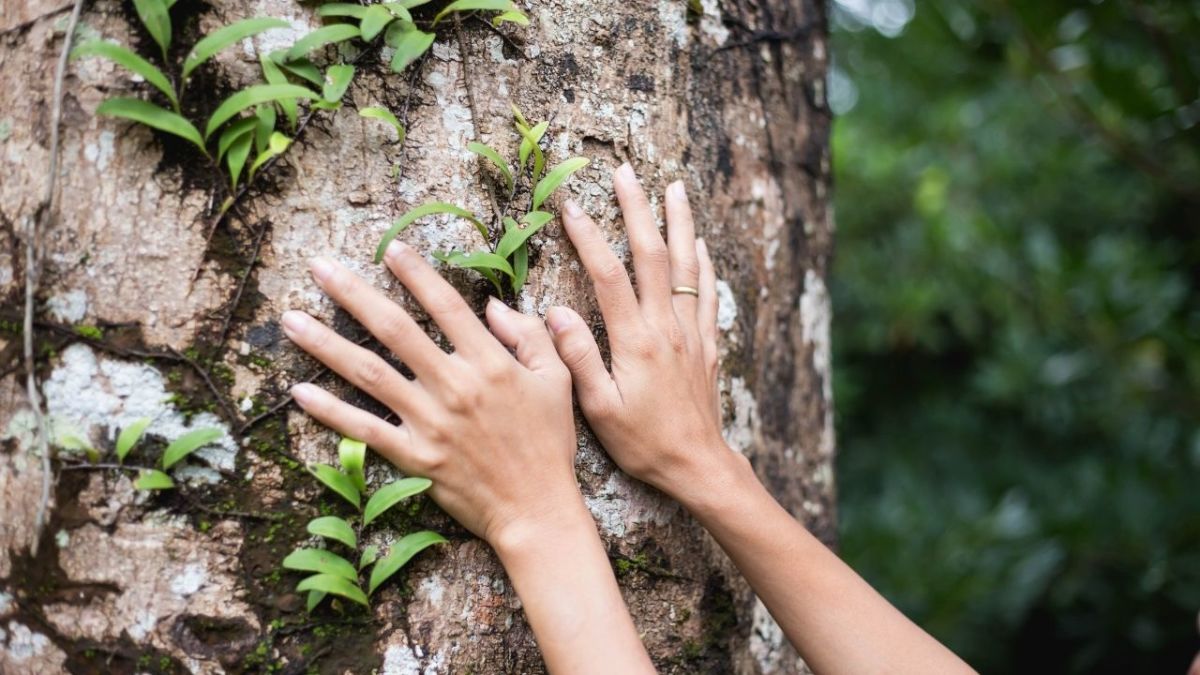
connectedness
Noun
Meaning
Connectedness in the context of survival, bushcraft, and outdoor activities refers to the sense of being in tune with nature and understanding the interdependence between humans and the environment. It emphasizes the importance of recognizing how every element in the ecosystem is linked, which can enhance survival skills and deepen the appreciation of the wilderness.
This concept is crucial in outdoor activities as it fosters a respectful and sustainable approach to interacting with natural settings, ensuring both personal safety and the preservation of the environment.

Examples
„Feeling a deep sense of connectedness with nature helps me recharge after a stressful week.“
„When we discuss survival skills, it's crucial to understand the connectedness between different techniques and the environment.“
„The community's connectedness was evident in how quickly they organized the search and rescue operation.“
„In our digital age, maintaining emotional connectedness despite physical distance is more feasible than ever.“
„She wrote her thesis on the connectedness of ecosystems and how this affects biodiversity conservation.“
Origin
The term "connectedness" originates from the English word "connect," which itself derives from the Latin "connectere," meaning "to tie or bind together."
Over time, the concept of connectedness has evolved to encompass not only physical and tangible connections but also emotional, social, and technological links between individuals, communities, and environments.
Today, connectedness is a key concept in understanding how everything in our world is interrelated, from ecosystems in nature to human relationships and networks.
Synonyms
Interconnectedness, Linkage, Association, Relationship, Correlation, Connectivity, Interrelation, Bond
Antonyms
Disconnection, Separation, Isolation, Detachment, Division, Alienation, Independence, Disunity
Relatives
Interconnectedness, Interdependence, Relationship, Unity, Cohesion, Integration, Bonding, Network
Historical and cultural importance
The term "connectedness" holds significant historical and cultural relevance, particularly in the context of human societies and their development. Historically, connectedness has been a cornerstone of survival, enabling communities to share resources, knowledge, and support.
In many indigenous cultures, connectedness is not only about social ties but also encompasses a deep relationship with nature and the environment. This holistic view fosters a sense of responsibility and stewardship, which is essential for sustainable living.
With the advent of the digital age, the concept of connectedness has evolved dramatically. It now transcends physical and geographical boundaries, creating a global community interconnected through technology. This new form of connectedness has reshaped cultural, economic, and political landscapes worldwide.
However, this digital connectedness also brings challenges such as privacy concerns and the digital divide, highlighting disparities in access to technology. These issues prompt critical discussions about equity, ethics, and the future of social connectivity.
Understanding the historical and cultural dimensions of connectedness helps us appreciate its complexity and its impact on both individual lives and broader societal structures. It reminds us that being connected is an integral part of the human experience, influencing how we interact with the world and each other.
More information about the term connectedness
Understanding Connectedness in Survival
When you're out in the wild, the concept of connectedness takes on a whole new meaning. It's not just about staying in touch with others but also about being in tune with nature and your surroundings.
Connectedness in survival refers to the deep bond you develop with the environment. This bond helps you to better understand and predict natural patterns, which can be crucial for your survival.
The Importance of Connectedness
Feeling connected to the environment can significantly enhance your survival skills. It allows you to be more aware of the surrounding resources, which can be vital in a survival situation.
Moreover, this connectedness can lead to a more profound respect for nature. You start to see yourself as a part of the ecosystem, not just a visitor, which can change your approach to survival entirely.
Developing Connectednes
Developing a sense of connectedness doesn't happen overnight. It requires time, patience, and a genuine interest in learning about the natural world.
Start by observing the patterns in nature, such as the flow of water or the movement of wildlife. This observation helps you to align your actions with the natural order, enhancing your ability to thrive in the wilderness.
Connectedness with Other
In a survival scenario, being connected with others can also play a crucial role. It's about building a network of support, sharing skills, and working together to overcome challenges.
This type of connectedness can lead to improved morale and increased chances of survival, as you combine strengths and compensate for each other's weaknesses.
Psychological Benefits
Connectedness also has significant psychological benefits. It can reduce feelings of loneliness and anxiety, which are common in survival situations.
Feeling a part of something larger than yourself provides a sense of purpose and can motivate you to keep going, even when conditions are tough.
Conclusion
Connectedness is a multifaceted concept in the context of survival. It encompasses a deep bond with nature, a connection with others, and a beneficial psychological state.
By fostering this connectedness, you strengthen your survival skills and enhance your overall experience in the wilderness. Remember, survival is not just about enduring; it's about thriving, and connectedness is key to that process.
Back to overview

